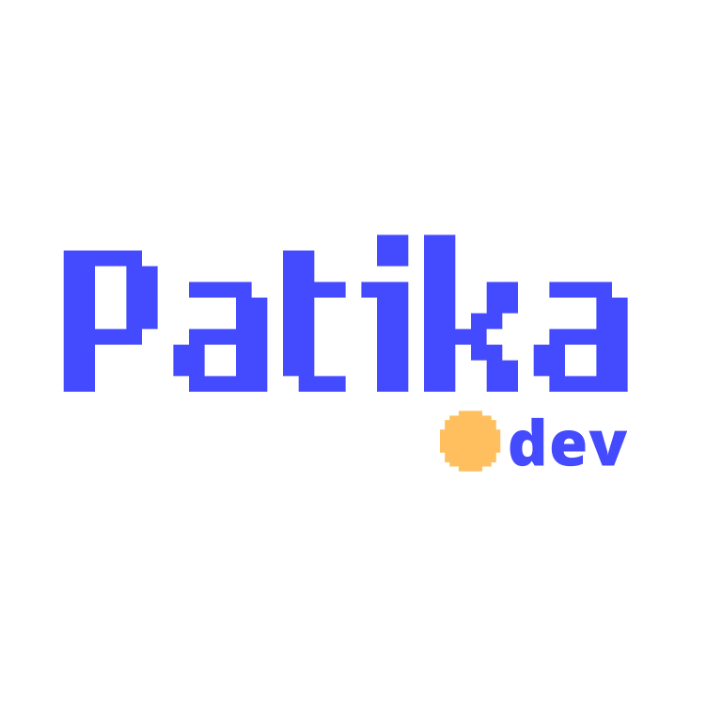Patika is building the largest cohort-based hiring platform for tech talent. They train new talent on their education platform completely free, and companies pay to have their own cohort and access the human capital that they direly need. Patika was launched in March 2021. In only 9 months, they worked with 50+ clients, including eBay, Google, and DeliveryHero, to train more than 2,000 new talent in cohorts specifically designed for these companies. With a vision to connect people’s education straight to jobs, they have more than 60,000 programmers on their free and online education platform. Two of the co-founders of Patika are WashU alumni, including Gulcan Yayla (MBA, MSW ’17) and Emre Sarbak (BA ’12). Gulcan Yayla answered our questions for this blog.
Website: https://www.patika.dev/

Tell us your startup story – What is the problem you’re solving?
Lack of sufficient tech talent is one of the largest challenges for businesses since the beginning of the 2000s. On the other hand, there are millions of people graduating from school but staying unemployed/underemployed. There is an urgent need to prepare this workforce for the job market that immediately needs qualified talent. Until today, universities, traditional boot camps, and online certification programs tried to solve this problem; but no scalable solution was implemented.
What is your solution to that problem?
At Patika, we train developers at scale and create talent ecosystems for companies all over the world. We believe in free education and equal opportunities, so our online education platform is free for learners. It provides technical learners with “pathways”, a structured set of courses towards a career goal. As people progress on these pathways, we invite them to more intense cohort-based boot camps. These boot camps are employer-funded so that employers hire talent in cohorts.
What is the biggest lesson you’ve learned as an entrepreneur?
Entrepreneurship is about problem-solving every single day. These problems get more and more challenging especially if the problem you’re solving is touching people’s lives and if you’re scaling. This challenging process is overwhelming, and the most important thing to do is not quit no matter how hard it gets. So, take care of yourself, focus on the problem instead of your solution, and make progress every day even if it gets very hard.
What do you love about entrepreneurship?
What you’re building out of nowhere starts to become a part of people’s lives and makes the world a better place than yesterday. This feeling is magical.
What advice would you give to someone considering creating a startup or entering an entrepreneurship competition?
Understand the problem you’re trying to solve very well, don’t fall in love with your solution. Because anyways, you’ll have to iterate the solution so many times until you find the product-market fit.
What activities, student groups, professors, or classes had the biggest impact on you during your time at WashU?
The Social Entrepreneurship class with Joe Steensma was a career-changing milestone for me. After that class, I have decided to change my specialization to entrepreneurship. Joe is still a great mentor to me even after 5 years of my graduation from WashU.
The winner of the Spring 2022 GIA will be announced at The Washington University Innovation and Entrepreneurship Awards Presented by the Skandalaris Center on April 14. All are welcome to attend the awards ceremony to see which teams will win non-dilutive funding for their venture.

